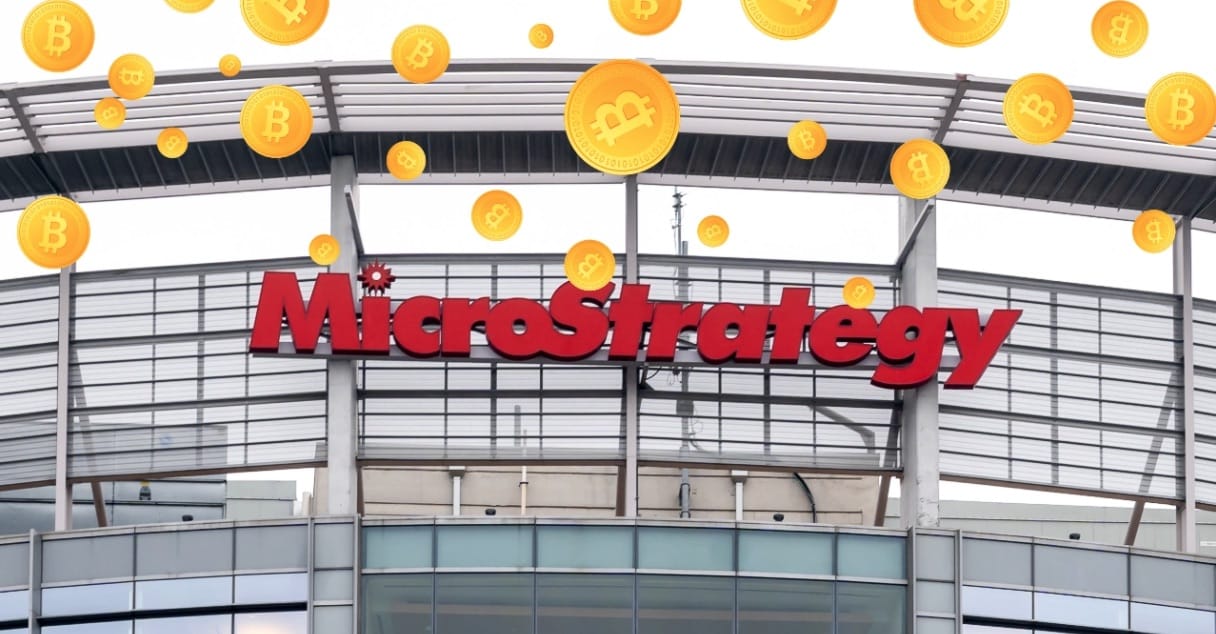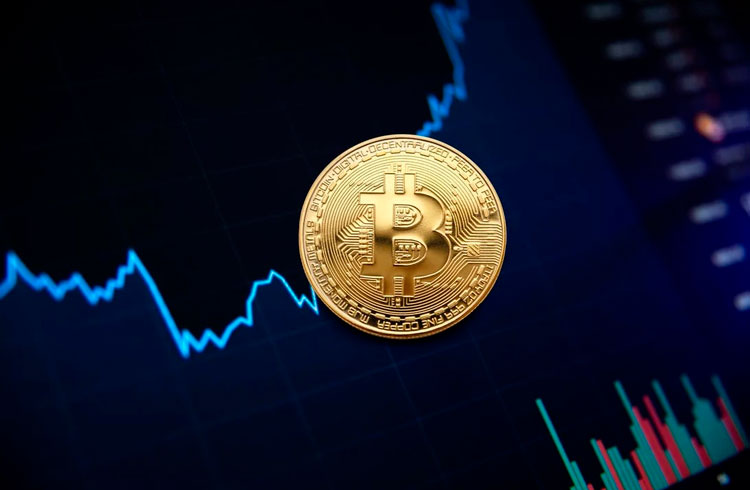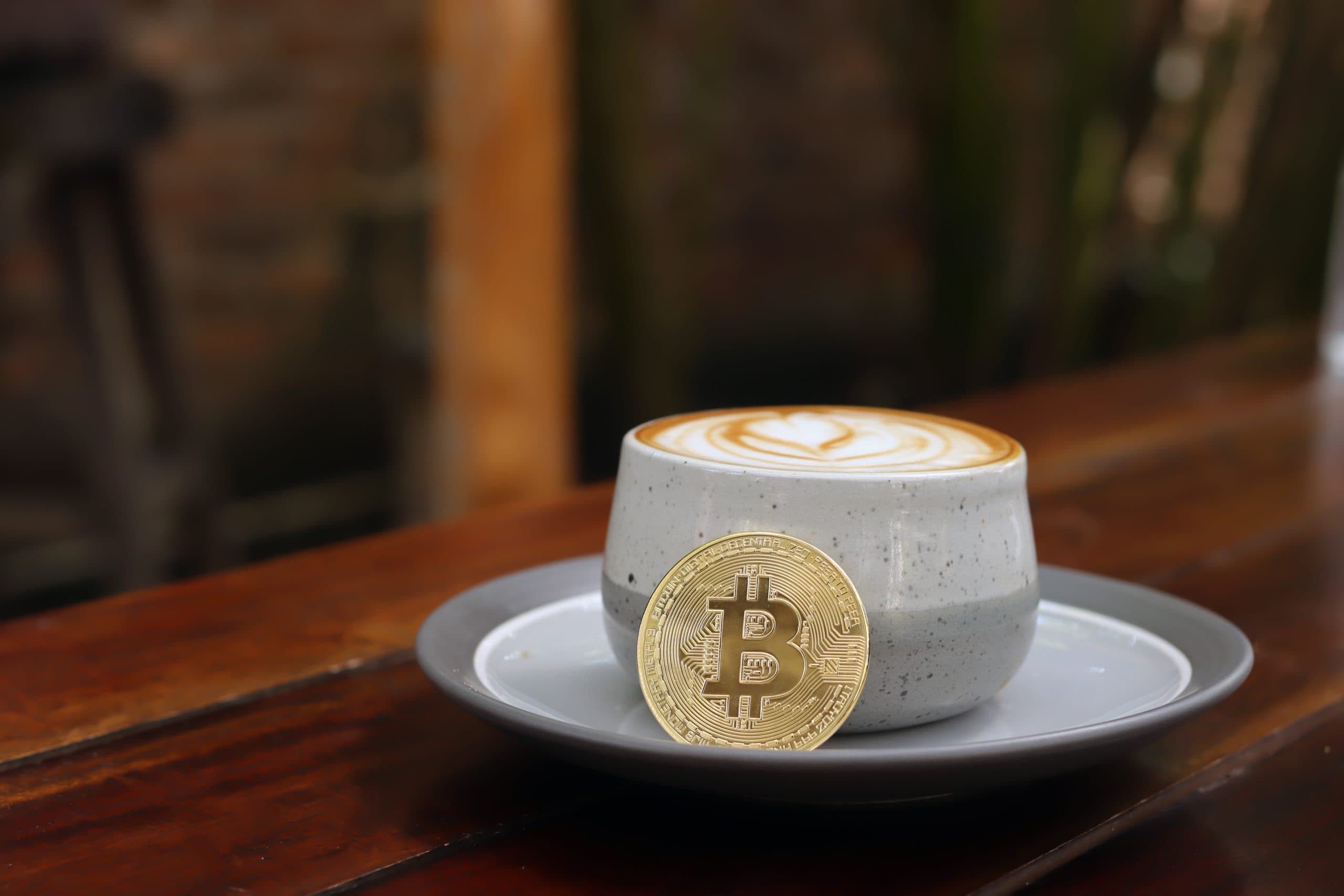India and Saudi Arabia are considering ceasing to use the US dollar in oil transactions, as country representatives recently revealed.
According to the statements, the intention is to stop using the US currency and start using the digital yuan (e-CNY) for international business.
As the world’s largest net oil importer, China buys around 25% of its oil from Saudi Arabia. But due to the war and the sanctions, the use of the US dollar became an issue.
Now, nations are looking for alternatives to escape the hegemony of the American currency in commercial transactions.
In this sense, experts declare that the exchange of the dollar for the Digital Yuan by the main economies for the sale of oil would mean a big change in the geoeconomic realities. Consequently, it could turn out to be the biggest economic shift of the century.
Furthermore, the change would also bring a major global challenge. That’s because world trade has been dominated by the US dollar since the collapse of the Bretton Woods system in 1973.
End of dollar hegemony
In this way, the dominance of the US dollar, which has been a major driver of its status as a world reserve currency, could be reduced as a number of countries seek alternatives to cross-border business.
“Naturally, China’s currency is increasingly being used as a reserve currency,” said Ray Dalio, founder of the world’s largest hedge fund, Bridgewater Associates.
Also according to the billionaire investor, China is active in a change in the current world order and seeks with the e-CNY to establish a new global standard of commerce adapted to the digital age.
As one of the world’s largest economies, India is following in China’s footsteps to issue a digital rupee by 2023. And, in the same path, follows Saudi Arabia, which since 2019 has announced plans to issue a CBDC.
Both India and Arabia are part of the Multiple Central Bank Digital Currency Bridge (m-CBDC) Project (formerly known as the Inthanon-LionRock Project) launched in February 2021, which also relies on China.
The m-CBDC project aims, among other things, to facilitate real-time payment versus foreign currency payment transactions in a multi-jurisdictional context, 24/7.






















